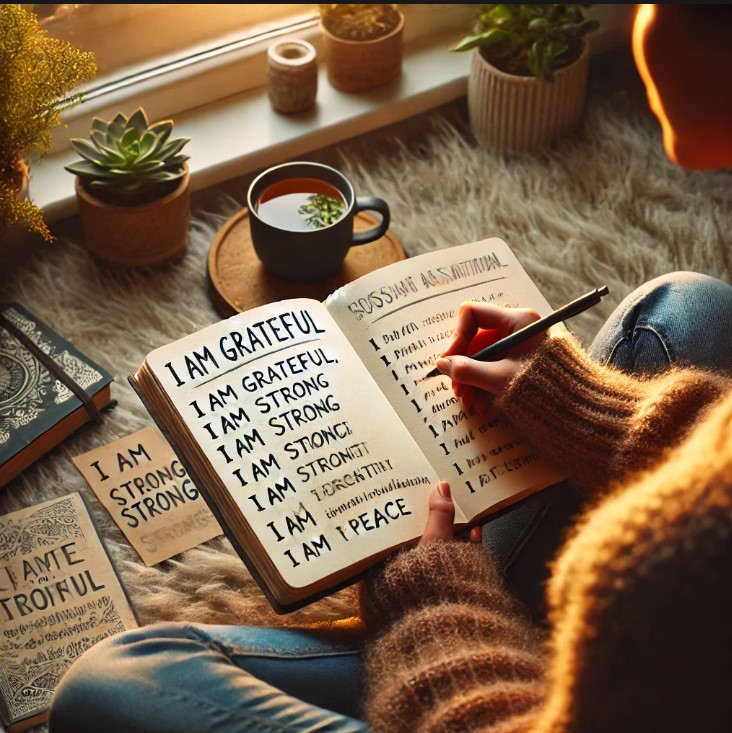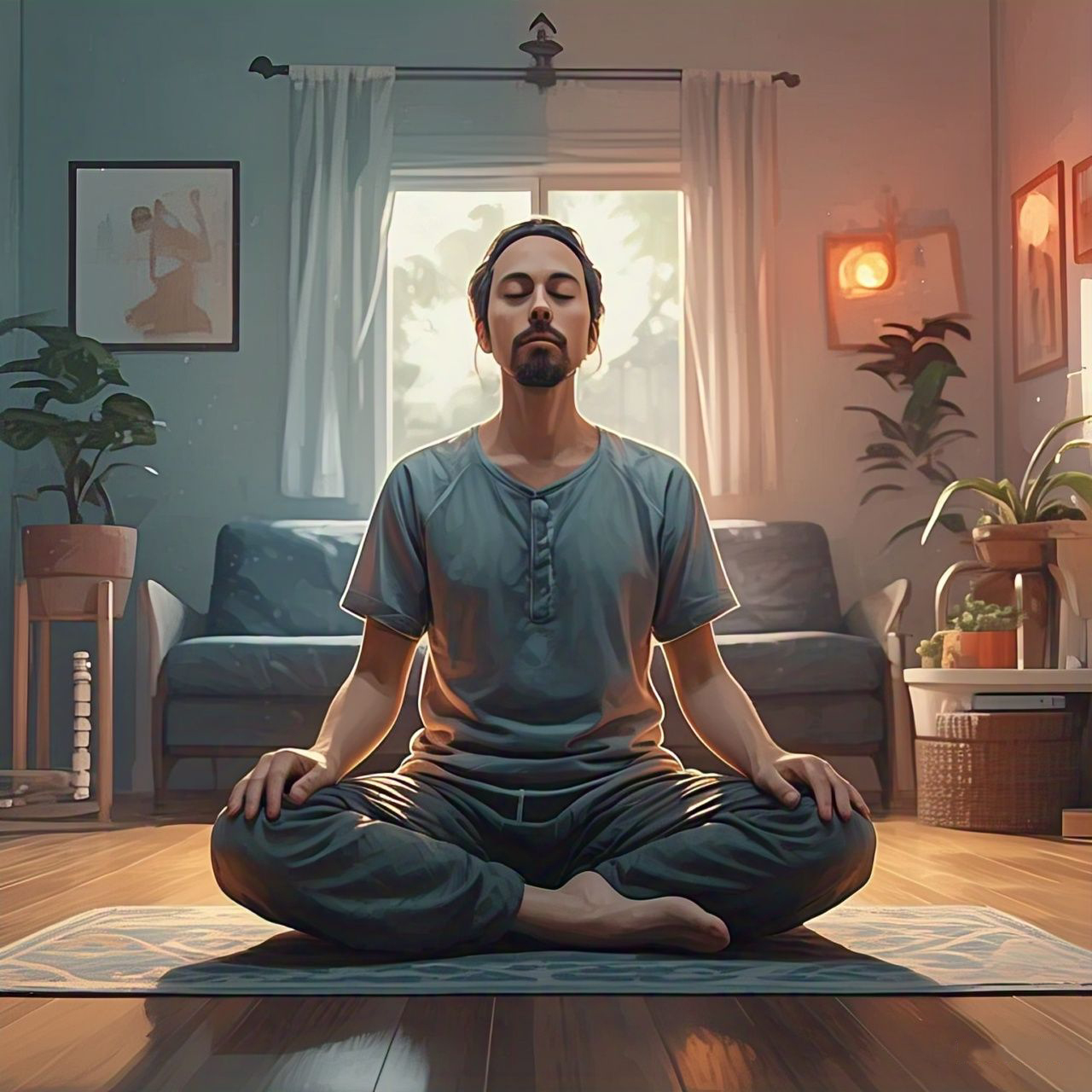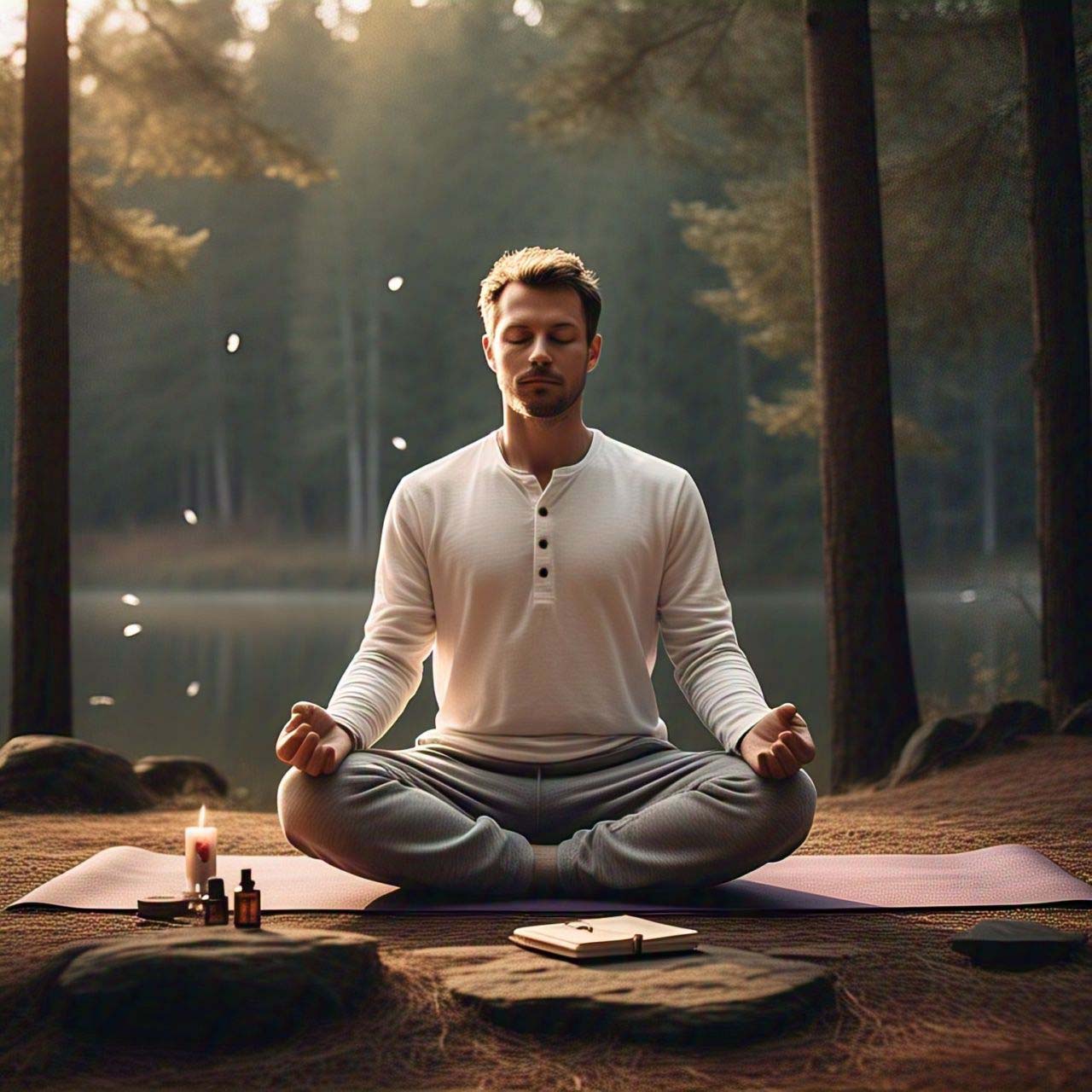Anxiety is more than just feeling stressed. It can be a paralyzing emotional and physical experience that affects your day-to-day life. The good news is you don’t need an hour at the gym or a meditation retreat to feel better. Just 10 minutes a day can create meaningful change. In this guide, you’ll discover practical, science-backed habits to reduce anxiety
Understanding Anxiety: A Modern Epidemic
According to the World Health Organization (WHO), over 301 million people globally suffer from anxiety disorders. Anxiety is now one of the most common mental health challenges in both developed and developing nations.
Modern life, with its digital distractions, financial pressures, and performance expectations, is a major contributor. But small, daily habits rooted in neuroscience and psychology can help reverse its effects.
Why 10-Minute Habits Work
The secret lies in consistency. Harvard Medical School reports that small, daily practices have a compound effect on mental health. Unlike long therapy sessions or intense workouts, 10-minute interventions are easier to commit to, especially when anxiety itself makes motivation difficult.
The Science Behind Anxiety Relief
Harvard researchers found that short-term mindfulness and cognitive behavioral techniques can rapidly lower cortisol levels the stress hormone. In a study involving over 200 participants, those who practiced 10-minute breathing or gratitude techniques experienced:
- 27% drop in heart rate
- 32% increase in relaxation response
- Noticeable improvement in focus and emotional control

1. Deep Breathing to Reduce Anxiety
The Technique: Box Breathing (4-4-4-4)
Box breathing is a Navy SEAL-endorsed practice that reduces anxiety by balancing oxygen and calming the nervous system.
- Inhale for 4 seconds
- Hold for 4 seconds
- Exhale for 4 seconds
- Hold for 4 seconds
Repeat for 10 minutes.
Why It Works
This method activates the parasympathetic nervous system, lowering heart rate and inducing calm. WHO recognizes breathwork as an effective intervention in their 2022 Mental Health Report.
2. Gratitude Journaling: Rewire Your Brain
The Practice
Every morning, jot down 3 things you’re grateful for. Keep it specific (e.g., “The smell of fresh coffee” instead of “family”).
Backed by Research
Harvard Health Publishing reports that gratitude journaling can reduce anxiety and depression symptoms by 30% over a period of just 3 weeks. Gratitude changes brain activity in the prefrontal cortex, which governs emotion regulation.
3. 10-Minute Morning Walk
What to Do
Walk outside without your phone. Focus on your senses—what you see, hear, smell.
Science Speaks
A 2023 WHO review confirmed that just 10 minutes of light walking significantly reduces anxiety, boosts serotonin, and enhances overall mood.
Bonus Tip
Walking in nature amplifies the benefits. This concept is known as ecotherapy, endorsed by both Harvard and WHO studies for anxiety relief.
4. Digital Detox: One App-Free Window
What to Try
Pick a 10-minute window (preferably after waking or before bed) where you completely avoid screens—no social media, no email.
Harvard’s Findings
Studies show a direct correlation between screen time and anxiety spikes, especially in younger demographics. A digital break resets dopamine levels and reduces overstimulation.
5. Cold Showers for Alertness
How to Do It
End your shower with 1–2 minutes of cold water.
Why It Works
Cold exposure releases norepinephrine, a neurotransmitter that improves focus and mood. Research from Harvard’s Department of Psychiatry indicates that cold showers reduce anxiety symptoms by up to 25% in individuals with mild to moderate anxiety.
6. Visualization Exercises
The Habit
Close your eyes for 10 minutes and visualize your ideal peaceful scenario — a calm beach, a quiet forest, or a successful moment.
Evidence-Based
Visualization activates the default mode network in the brain, mimicking real experiences and reducing stress. A WHO-supported mental health pilot in schools saw a 40% reduction in anxiety through guided imagery practice.
7. 10-Minute Stretching Routine
What to Include
Try yoga-inspired stretches like:
- Cat-Cow
- Forward Fold
- Child’s Pose
Psychological Benefits
Stretching promotes blood flow to the brain and relaxes muscle tension, both crucial for anxiety relief. Harvard’s integrative medicine program links stretching to lowered cortisol levels and increased GABA, a calming neurotransmitter.
8. Music Therapy: Sound That Soothes
The Method
Spend 10 minutes listening to calming instrumental music or nature sounds.
Backed by Data
WHO recognizes music therapy as a non-invasive treatment for emotional regulation. A Harvard study found that soothing music lowers anxiety by 65%, especially when combined with deep breathing or stretching.
9. Read or Listen to Something Uplifting
What to Choose
Spend 10 minutes reading a chapter of an inspirational book or listening to a motivational podcast.
Research Insight
Positive media stimulates the ventromedial prefrontal cortex, promoting well-being. Harvard and WHO both recommend positive psychology interventions for daily stress management.

positive statements, such as “I am grateful for today” or “I choose peace.” This simple habit
shifts focus to positivity, reduces stress, and fosters emotional resilience.”
10. Practice 4-7-8 Breathing at Night
How It Works
- Inhale for 4 seconds
- Hold for 7 seconds
- Exhale for 8 seconds
Sleep and Anxiety
This method, endorsed by sleep specialist Dr. Andrew Weil and supported by Harvard research, is known to promote sleep and reduce anxiety by calming the brain’s hyperactive areas.
Case Study: Sarah’s 21-Day Transformation
Background: Sarah, a 32-year-old marketing executive, struggled with constant anxiety, racing thoughts, and insomnia.
Approach: She committed to practicing 4 of the above 10-minute habits daily:
- Gratitude journaling
- 10-minute walk
- Deep breathing
- Cold shower
Results After 21 Days:
- Reported 70% reduction in anxiety levels
- Sleep improved from 4 to 7 hours per night
- Felt more present and emotionally balanced
Sarah’s experience aligns with a WHO-led initiative in Germany that showed similar success using micro-habits as mental health interventions.
Combining Habits for Maximum Impact
You don’t have to do all 10 every day. Start with 2–3 that feel easiest. Rotate them to avoid monotony. Over time, you’ll build a personal anxiety relief toolkit that fits your lifestyle.
Here’s a sample rotation:
1: Gratitude journaling + 10-minute walk
2: Music therapy + stretching
3: Visualization + cold shower
4: Digital detox + uplifting read
5: 4-7-8 breathing + morning walk
6: Journaling + deep breathing
7: Complete rest or repeat favorites
FAQs: Reduce Anxiety
Q1: Can I really reduce anxiety in 10 minutes?
Yes. While not a cure for chronic anxiety, short interventions can lower heart rate and cortisol, helping you feel grounded quickly.
Q2: Are these habits safe for everyone?
Most are safe for general use. However, if you have specific health conditions (like cold sensitivity or heart issues), consult a physician before trying cold showers or intense breathing techniques.
Q3: Which habit is most effective?
It depends on the individual. Breathing techniques and walking are among the most universally effective according to Harvard and WHO.
Q4: Do I need any special tools?
No. These habits are low-cost and accessible, requiring nothing more than intention and consistency.
Q5: How soon will I see results?
Many people feel relief immediately, especially with breathwork or gratitude. Long-term consistency enhances results.
Conclusion:
Anxiety doesn’t always require medication or months of therapy to begin healing. Just 10 minutes a day, spent intentionally, can reshape your mindset, relax your nervous system, and empower you to face challenges with clarity.
With insights from Harvard Medical School, WHO, and real-life transformations, it’s clear that these tiny daily changes create a big emotional payoff. If you’re looking to reduce anxiety, your healing can begin now one small habit at a time.





